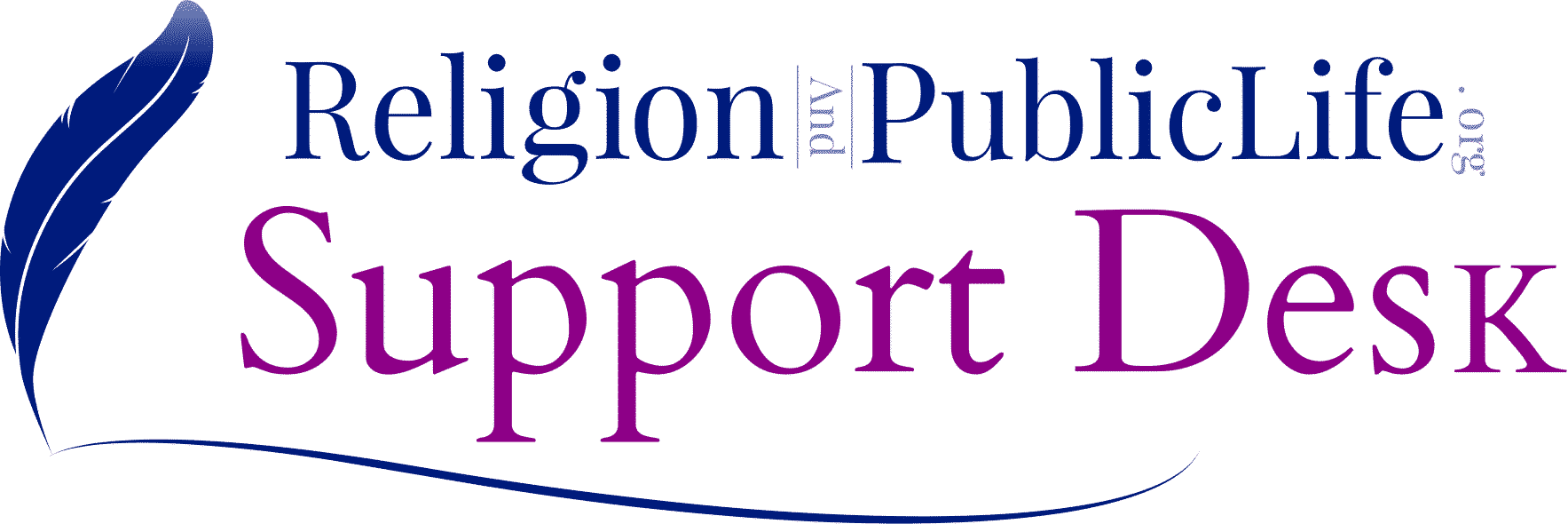Educating in Age of Disruption
The Social Context for Our Theory of Change
Dr. Nathan C. Walker, June 9, 2020, Philadelphia, Pennsylvania, USA
Our world, our nation, is experiencing an unprecedented time of disruption and uncertainty. On May 28, 2020, the number of Americans who died from the coronavirus surpassed 100,000 with an additional 2 million known cases. Over 36.5 million Americans lost their jobs, sparking the largest rate of unemployment since the Great Depression. Meanwhile, education institutions in the United States and around the world helped prevent the spread of the coronavirus by moving all in-person courses online. Studies foresee that possibly one-quarter of colleges may permanently close because of the lack of resources to adapt to what will likely be a prolonged crisis. I reflect on these alarming statistics on Tuesday, June 9, 2020, the night that George Floyd’s body was laid to rest, which marked the fourteenth day of nationwide protests over police brutality.
A pandemic. A depression. Civil unrest. These are not new to the American experiment, but has a generation experienced all of these disruptions at once? These challenges are heightened by three recent developments in American democracy that motivate us to take action.
In 2012, Protestant Christians—for the first time in U.S. history—became a minority. These demographic shifts partially explain the political resurgence of white Christian nationalism that lie at the heart of the current debates over race and religion.
Americans demonstrate vast illiteracy about religion and the law. Stereotypes and misperceptions about the religious “other” fuel fear and mistrust and contempt for the suspect minorities of the day.
The last five years, alone, America has seen alarming increases in religious-based social hostilities and violence. We have also seen the failure of the legal system to protect the most vulnerable among us.
A Nation of Religious Minorities
The United States is experiencing an unprecedented change in demographics. In 2012, Protestants, for the first time in U.S. history, became a minority, representing forty-eight percent of the population, Pew Research Center reports. The United States is experiencing unprecedented religious diversity. In 2012, the United States became the first democracy in human history to become a nation of religious minorities––where no one religious group represented more than half of the population. It is imperative that we prepare the next generation to do what no previous generation has done––to self-govern a nation of religious minorities
Illiteracy about Law and Religion
Even in our most stable of times, many schools and colleges are not equipped to promote the civic competencies of religious literacy and legal literacy. Often students receive little or no civic education about religion. Teachers are often ill-equipped to promote the academic study of religion. And school districts have few constitutionally friendly resources about the academic study of religion. Consequently, generations of citizens have misperceptions and stereotypes about religion and non-religion, which can breed social hostilities, religious-based bullying, and even violence. Unfortunately, postsecondary schools provide teachers and school administrators with little or no training about the legal frameworks that guarantee religious freedom as a constitutional and human right. As a result, many educators, and in turn, their students, are confused about the civic promises and legal parameters for governing the academic study of religion in public schools and afterschool programs.
Increases in Social Hostilities and Violence
What effect does a religiously illiterate society have on the most vulnerable among us? What effect does a legally illiterate society have on how people treat one another in private and public life?
The Institute for Social Policy and Understanding reported that bullying has recently become a significant problem for Muslim children. More than two in five (42%) Muslims with children in K–12 school report bullying of their children because of their religion, compared with 23% of Jews, 20% of Protestants, and 6% of Catholics. A teacher or other school official instigated one in four bullying incidents involving these Muslim children.
Sikhs are often mistaken for Muslims and have been targets of hate crimes. In March 2018, the Sikh Coalition reported an average of “one hate crime per week since the start of 2018.” A year later, the nation saw a “200 percent increase in anti-Sikh hate crimes,” according to FBI reports.
In 2017, Jews experienced an all-time high in religion-based violence against them. The Anti-Defamation League (ADL) reported that “the number of anti-Semitic incidents in the U.S. rose 57 percent in 2017.” This was “the largest single-year increase on record and the second-highest number reported since ADL started tracking such data in 1979.” Echoing the rise of anti-Muslim hate crimes in public schools, the ADL attributed the sharp rise in anti-Semitic incidents to “a significant increase in incidents in schools and on college campuses, which nearly doubled for the second year in a row.” By 2019, the ADL reported over 2,100 anti-Semitic incidents in the United States, an alarming 12 percent increase from the year before.
In 2020, “supporters of domestic and international extremist groups have encouraged followers to conduct attacks during the COVID-19 pandemic, reports the New Jersey Office of Homeland Security. In seeking to build a “racially pure nation,” these groups have “encouraged followers to conduct attacks during the COVID-19 pandemic to incite panic, target minorities and immigrants, and celebrate the deaths of their enemies.” This has put religious and racial minorities at greater risk, reports the Anti-Defamation League. State officials, like in New York, are not only having to manage the healthcare crisis but also create a new hotline for minorities to report Coronavirus-related hate crimes.
These alarming trends suggest that people of all ages have been exposed to chronic and escalating acts of intolerance and violence. At the same time, Americans have an increased sensitivity to religious discrimination against Muslims and Jews. Historically, many Christians in America––Catholic, Baptist, Mormon, Jehovah’s Witnesses, and so on––also faced social hostilities and violence. These acts of bullying and discrimination often occur when the general public is illiterate about religion and the law.
This widespread illiteracy leads to the breakdown of social systems and legal systems that would otherwise restore health to a diseased democracy.
Nate Walker is the author of this solution article.
Did you find it helpful? Yes No




